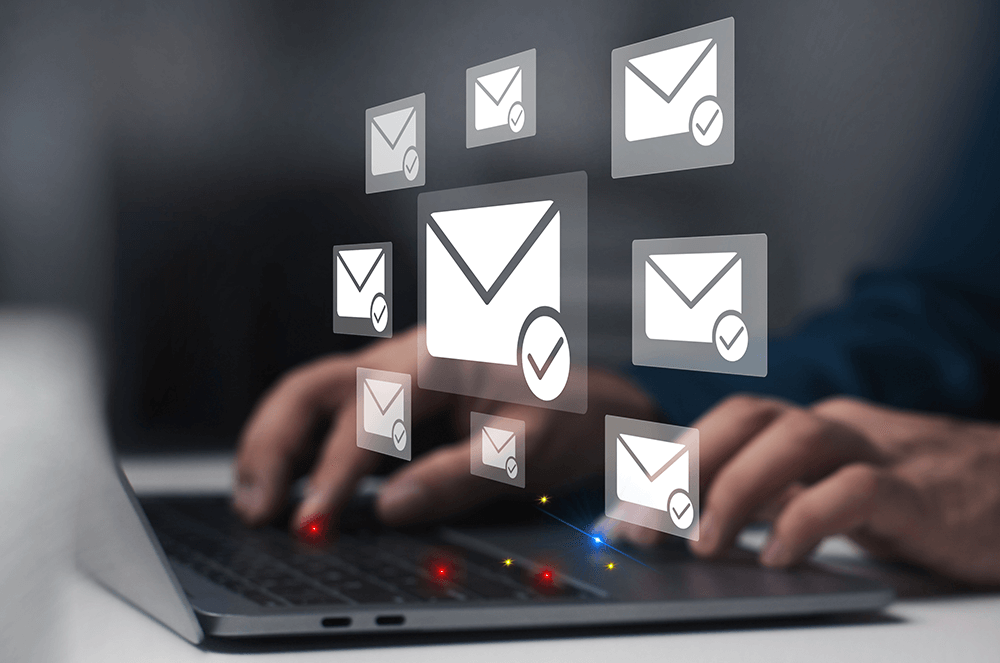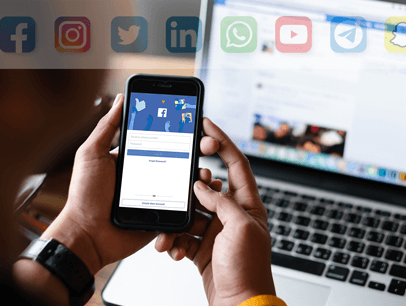
Even with the popularity of social media and smartphone communications, making your points clear through old-school email is as important as ever.
But all too often, even professional communicators make email-writing mistakes that severely diminish—if not destroy—the impact of their intended points.
Effective emailing starts with wisdom, not just words. Below, find five ways to elevate the readability and impact of your emails from top to bottom.
1 Knowing when not to email.
If your point has multiple steps or details, or requires group brainstorming or immediate feedback, or if you need to cover several unrelated matters, consider a meeting instead. Each email should be a one-way, one-topic street.
If you’re asking a quick question, sharing a brief comment, or making a personal request, consider a chat or text. No one wants their inbox clogged with just a few words.
But if you want to make a single point or need content reviewed, email may be your best bet.
2 Don’t sabotage your subject line.
Your email’s subject line is the only clue that drives a reader’s split-second decision to read, ignore, postpone, or delete the email, so immediate clarity is essential.
Despite this criticality, many emails have subject lines so general that they become virtually meaningless. As I write this, some of the subject lines in my inbox include:
- Re: Feedback
- 3/17 Doc
- Re: Re: Steve
Can you tell me the points of these emails? Neither can I. And I know five Steves.
“The clearest subject lines communicate two things: the topic and the purpose of the email,” says business communication expert Chris Fenning, author of Effective Emails: The Secret to Straightforward Communication at Work. “The topic is the main subject of the email, like a project name, event, or client name. The purpose is what you want the recipient to do with the message, such as review immediately, respond, or take action.”
Without a salutation, emails may seem rushed and abrupt, even angry.
“When both the topic and purpose are clear in the subject line, readers see what the message is about and what they need to do with it before they even open the email,” Fenning adds.
Examples of communicative subject lines:
- Employee Engagement Survey Results—Read Before Dept Meeting
- DATE CHANGE: April Team Offsite
- Proposal Brainstorm: Nike Partnership
3 You had me at hello.
In the email body, it’s good practice to start with a salutation like “Hi, Peggy” or “Good morning, Walt.” (Choose whatever feels natural to you.)
This suggestion may seem like a minor matter of etiquette, but a personal salutation comes across as warm and collegial, humanizing you. Without a salutation, emails may seem rushed and abrupt, even angry. (Imagine a coworker walking up to you at work and suddenly giving you an assignment without first saying “Hi.”)
If you’re emailing multiple people, try “Hi everyone,” and retire gender-specific phrases like “guys.”
4 End with action.
As you conclude your email, end with a specific recommendation or next step, such as delegating a responsibility, suggesting a next meeting date, proposing the formation of a committee, or volunteering to take action yourself. This articulated action step keeps the conversation—and with it, the project—moving ahead.
5 Do a final read.
Spelling and grammar mistakes can distract the reader and even injure your credibility. Always reread and spell-check your emails before sending them. All email programs have spell-check tools, and many have read-aloud features. Reading an email aloud will almost always reveal an opportunity to improve it, even beyond correcting typos.
Email feels like second nature to most of us, which is probably why we don’t scrutinize our emails with the vigor we would apply to a speech. But that doesn’t mean we should write off its ability to create a significant impact, or our power to produce that impact in our email-writing choices. The decisions you make at the start, middle, and end of that email can make the difference between selling your point and sabotaging it.
Joel Schwartzberg is a presentation coach, executive communication specialist, and author of The Language of Leadership: How to Engage and Inspire Your Team and Get to the Point! Sharpen, Simplify, and Sell Your Message. Follow him on LinkedIn.
Related Articles

Communication
Shorter is Sweeter in Today’s Emails

Personal Growth



 Previous
Previous

 Previous Article
Previous Article